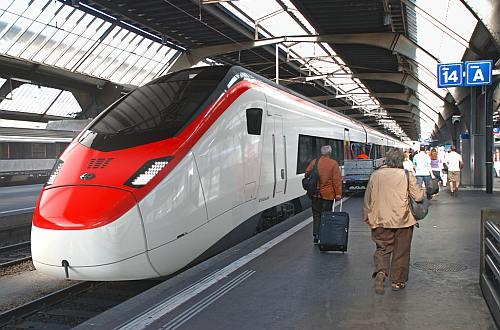Stadler recorded orders worth SFr 2.6bn in 2013 and SFr 2.9bn in 2014, but only SFr 2.1bn last year against a target of SFr 2.8bn.
Stadler says the removal of the exchange rate cap has been far more serious than the reduction in sales, caused by a number of orders not being finalised in 2015 and delayed until this year, because it has resulted in a "massive collapse" in profit margins. Referring to the SFr 100m hit due to the exchange rate changes, Mr Peter Spuhler, group CEO and owner of Stadler, says: "These are funds that we will not be able to use for investments, for innovation or as a buffer in leaner times."
Spuhler says utilisation of its factories is generally good, although its plant in Bussnang, Switzerland, needs more work in order to keep it at full capacity in 2017, while Stadler's factory in Minsk, Belarus, is currently underutilised due to the oil and gas crisis and the resulting Russian financial crisis.
To address the problems with the Swiss currency and Russia, Stadler changed its strategy during the last year with the objective of tapping into new markets and launching new products. These changes include the acquisition last year of Vossloh's locomotive plant in Valencia, Spain, and the establishment of a production facility in the United States.
Stadler will celebrate its 75th anniversary next year and will mark it by rolling out the first EC250 train for Swiss Federal Railways (SBB) which will operate through the new Gotthard Base Tunnel.

